The Practical Tool I Used To Cultivate Self-Compassion
Truth be told, I’ve known I need to write about self-compassion for some time. Not just for my readers, but for myself. The reason I put it off? I suck at it. And I wasn’t quite ready to give up the part of me that believed that being gentle with myself would lead to stagnation. My high expectations of myself and others have propelled me forward, yet they’ve also been what kept me stuck. So now, as the Holidays begin and I sort through the proverbial piles of projects I’ve taken on, I’ve decided to say “fuck it!” and learn this lesson once and for all. After all, as Pema Chodron notes, “nothing ever goes away until it has taught us what we need to know.”
So, let’s start by defining “Self-compassion:”
Simply put, it’s being gentle on yourself. It’s treating yourself as you would a friend when she comes to you with a struggle, failure, or self-critical belief. It’s the ability to lean into your feelings of discomfort rather than ignoring them. This means no longer asking for permission to feel your emotions. Instead, it’s learning to self-validate, stating “this is a difficult time for me and it’s okay that I’m struggling. What can I do to give myself the comfort I need and deserve?”
Self-compassion is not the same as complacency.
You can still work to achieve your goals, but it’s done through self-love instead of self-discipline. It’s the difference between “I need to do this or else I’m worthless,” and “I want to do this because I care about myself, my potential, and my dreams.”
To approve of oneself is to know divine love.
Self-compassion means honoring that you’re not perfect in the same way you (sometimes begrudgingly) accept imperfection in others. More than anything, self-compassion comes from understanding that mistakes, transition, and unmet expectations are all part of being human. These experiences and feelings are not unique to you. The more you fight this truth and aim to be perfect, the harder it will be to cultivate compassion for yourself and others.
If you’re anything like me, this is easier said than done.
So how did I ACTUALLY do this?
For me, the biggest challenge was the critical voice in my head that said things like “other people can do this, why can’t you?” And sure, I could tap into more loving parts of myself and reason with that voice, but it didn’t come easily. It took A TON of work. And since the Buddhist approach of “releasing judgment” was a bit too much of a stretch in times of stress, I tried a different path.
One of the daily exercises I assign my clients is to practice self-validation in a structured way. I ask them to write “one thing they did well” in a daily chart. It can be anything from “I got out of bed when I didn’t want to,” to “I made a healthy choice for lunch” to “I didn’t flip out on my mother when she asked me about my relationship status.”
However, in times of stress and overwhelm, doing this in one area wasn’t enough. I needed a holistic self-validation overhaul. To do this, I made a daily chart and touched on each of the 5 pillars. Each day I recorded one thing I did well in each area of my life: Nutrition, Physical Activity, Relationships, Career, and Personal Philosophy. For those who are new to this or find this to be too open-ended, here are some
Questions to help guide you:
Nutrition:
- What’s one healthy food choice I made for my body?
- How did it feel to nourish myself lovingly or allow myself to indulge?
Physical Activity:
- What’s one way I was kind to my body?
- What’s one thing I appreciate about my body?
Relationships:
- What’s one thing I did for another person?
- What’s one thing I appreciate about another person in my life?
- What’s one way I reached out and connected with someone?
Career:
- What’s one thing I accomplished today?
- What’s one step (even if it’s a baby step) I took toward achieving my goal?
- What’s one thing I learned today?
- What’s one moment where I felt grateful for sharing my gifts with others?
Personal Philosophy:
- What’s one thing I marveled at?
- What’s one thing I love about myself?
- What’s one way I tuned into my higher self?
- What’s one way I appreciated nature?
The Takeaway:
If you can’t seem to accept that you’re a human instead of a superhero, treat yourself as you would a friend by building your self-validation muscle.
P.S. I know the holiday time can be stressful so I'm opening up a handful of mini-intensive coaching sessions. This 2-3 session series will get you through the holidays and into the New Year with a sense of calm, surrender, and direction. Contact info@AlignedHolistics.com for more information.

